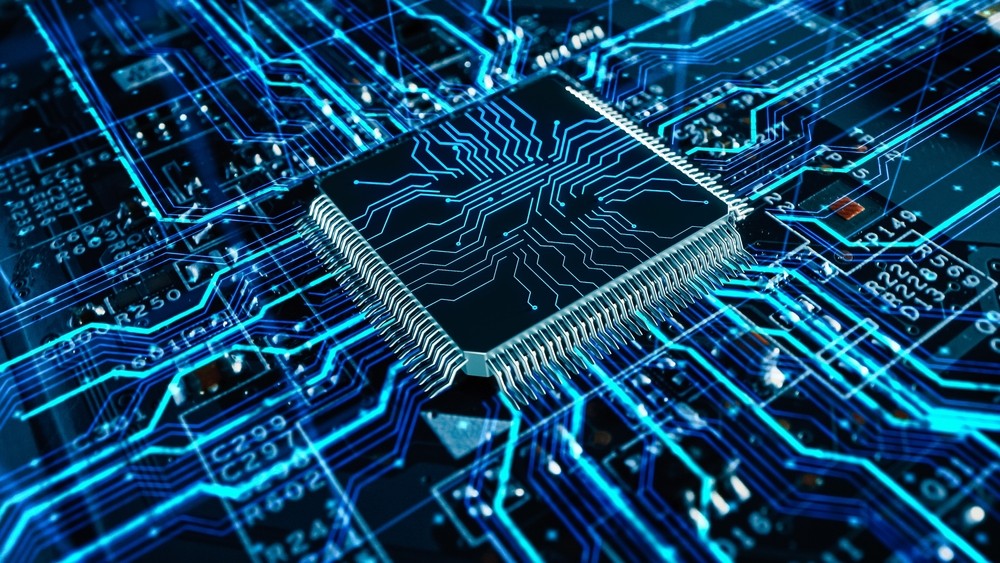Bioscope Technologies has announced the successful filing of various worldwide patents governing the Bioleaching and Bio-refining processes it is developing at industrial scale for the sustainable recovery of base and precious metals from printed circuit boards (PCBs).
This follows the pioneering Bioleaching research and development work undertaken over several years by n2s – Bioscope’s sister company - with leading universities. The solution replaces traditional treatments that use high-temperature and chemical recovery and is as close to zero-emission as possible, without offsetting. BT has been trialling the Bioleaching technology for several years to recover copper and gold from decommissioned telephone exchanges as well as copper from cabling.
Bioscope will accelerate the Bioleaching development to an industrial level, ensuring precious metals such as copper, gold, silver and palladium and other materials - including those in finite or limited supply – are sustainably recovered and returned into the manufacturing supply chain.
With this, Bioscope is making a multimillion-pound investment in plant and machinery across its four UK PCB recovery and processing facilities. This includes a state-of-the-art PCB shredder system capable of processing 5Mt of PCBs per day, reducing target metals down to a manageable size before the naturally occurring bacteria-based Bio-refining processes are activated.
“Currently the UK only recycles around 30% of e-waste with all PCB materials exported overseas, the majority going to European, US and Far Eastern refineries which use non-sustainable pyro and hydrometallurgical processes – the rest end up in landfill or the in the hands of unlicensed operators,” said Jeff Borrman, CEO, Bioscope Technologies.
“The known and unknown quantities of PCBs present a huge opportunity for Bioscope, including to support the UK government in patriating and repatriating the millions of pounds worth of valuable materials going to waste. As just one example, it’s estimated that 25 million mobile phones are discarded in the UK each year - recycling one million mobile phones can recover 16,000kg of copper,350kg of silver, 34kg of gold and 15kg of palladium.”
Nick Razey, Bioscope’s Chairman, added: “With the world’s generation of e-waste rising five times faster than the documented capacity to recycle it - 62 million tonnes of e-waste produced in 2022 alone[i] – Bioscope is ready to play a leading role in solving a key part of the problem - at scale and in a wholly sustainable way.
“Bioscope is working with the UK’s Critical Minerals Association (CMA) to jointly develop a long-term solution which will ensure many more critical PCB-based materials remain in the UK for sustainable re-introduction into the supply chain. Additionally, in Europe and North America, large recycling organisations, data centre operators, cloud providers and telecom companies will soon be able to access Bioscope’s patented industrial Bioleaching processes and plant via licensing agreements.”
Razey and business partner Simon Taylor are major investors in Bioscope and n2s and have proven track-records in successfully launching and scaling businesses in the data centre and telecom industries. They founded Next Generation Data in 2008 which grew to become Europe’s largest data centre and in the 1990s they were co-founders of Interoute, a pan-European network infrastructure provider.




